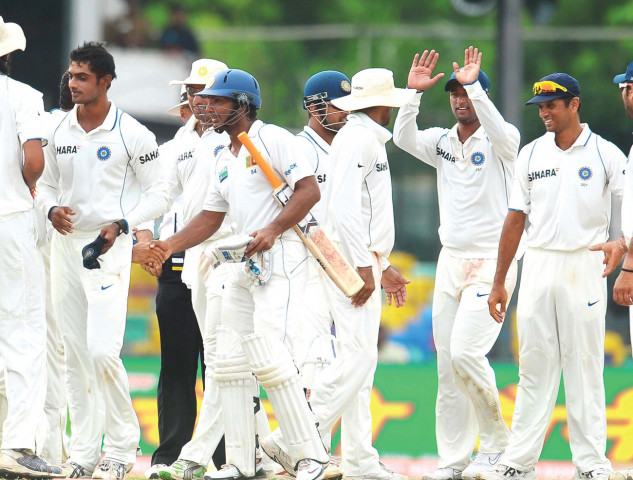Indian ‘honour killings’ up as young shun marriage customs
The uncle savagely murdered his niece and her fiance as they defied traditional Indian marriage customs.

Indian ‘honour killings’ up as young shun marriage customs
“I have no regrets and I would punish them all over again if given another chance,” the uncle, Om Prakash, told the news media after his arrest by New Delhi police, asserting he had acted to save the “family honour”.
Asha Saini, 19, and her 21-year-old boyfriend Yogesh Kumar were found stabbed to death in mid-June with their legs and arms bound and their bodies covered with electric shock burns.
The murders came amid a spurt in so-called “honour killings” of couples who seek their own partners, breaching deeply entrenched tradition which dictates that the parents decide who their children should wed.
Asha Saini’s family believed it would bring dishonour if the girl, whose father was a prosperous vegetable wholesaler, married her boyfriend, a poor taxi driver. Even more importantly, the couple were from different Hindu castes.
Such “honour killings” have multiplied even among upwardly mobile social groups considered less conservative, say experts.
“The number is rising because women are more educated, they feel they have the capacity to take their own decisions about their lives,” said Anand Kumar, a social studies professor at New Delhi’s Jawarharlal Nehru University.
There are no official figures, but one independent survey cited by New York-based Human Rights Watch said 900 such murders occur a year in the northern states of Haryana, Punjab, and Uttar Pradesh alone.
Indian parents choose partners for their children most often for religious as well as financial reasons.
The rules are complicated and choosing to marry within the same sub-caste or outside of one’s caste can both lead to a couple paying the ultimate price.
Weekend newspapers have supplements jammed with marriage ads specifying caste as one of the main sought-after attributes along with a good job and a “fair” complexion.
“The new generation faces a double challenge: it wants to eliminate the authority of the patriarchal family and reject the caste system,” said Kumar.
They want marriages “based upon love” — a concept which has become increasingly popular as India becomes more Westernised, Kumar adds.
In another case that has gained national attention, police are probing the death in April of Nirupama Pathak, 22, a journalist at a leading financial daily, the Business Standard, who wanted to marry a man of a caste lower than her own.
Pathak belonged to the Brahmin caste, the highest in the ancient Hindu hierarchy, while her fiance, a journalism classmate, came from a middle-upper caste called Kayastha.
Her death shocked India because she came from an educated and affluent family. Her father was a bank manager.
“Nirupama took her decision to marry, even though she knew her parents would not agree,” said 23-year-old Deepthi Bathini, a close friend of the woman.
The director of the New Delhi-based women’s rights group WomenPowerConnect, N Hamsa, also says honour killings are rising because of “a clash of generations.”
Cases of honour killings are also rife in rural areas, where village caste councils — “khap panchayats” — wield huge extra-legal powers.
While under the Indian constitution people are free to wed whomever they choose, the councils often issue edicts against couples who marry outside their caste or religion and condemn marriages within a kinship group or “gotra” — considered incestuous even though there are no biological links.
In March, a court in Haryana state sentenced to death five people who had killed a young couple who had dared to wed despite being deemed “brother and sister” by village elders.
Underlining how hard it is to change tradition, when the court passed judgement, village councils in the region staged big protests and demanded that the government change the law to ban such marriages.
Nirupama’s friend Deepthi Bathini believes “honour killings” must stop.
“For whose honour are they killing?” she said. “Every person must become aware of their rights and be able to defy these traditions.”
Published in The Express Tribune, August 4th, 2010.



















COMMENTS
Comments are moderated and generally will be posted if they are on-topic and not abusive.
For more information, please see our Comments FAQ